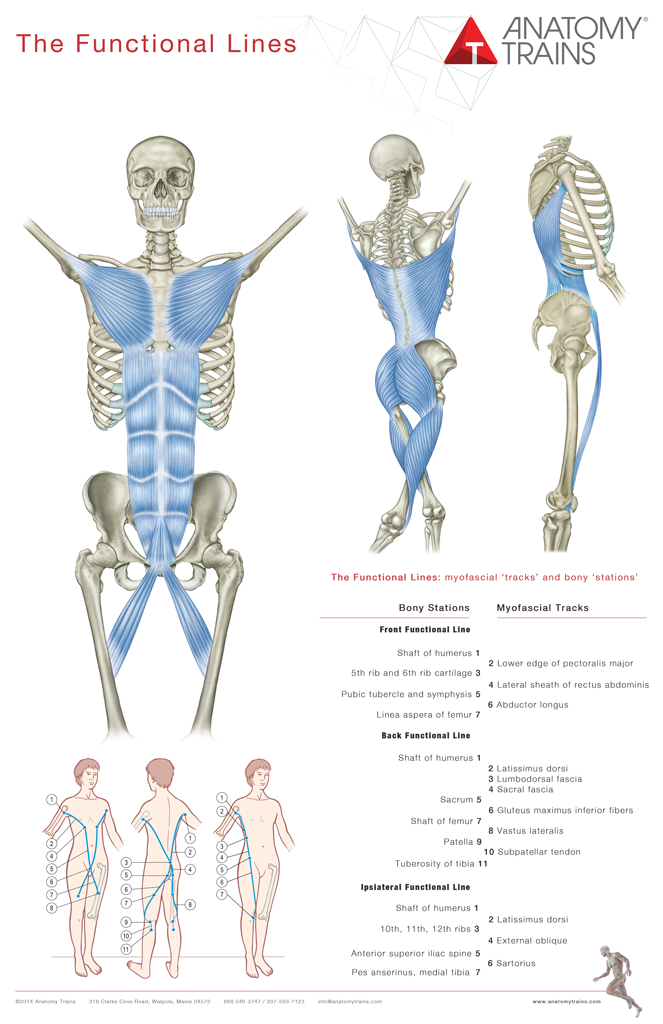Tom Myers Anatomy Trains Pdf
The new edition of this hugely successful book continues to present a unique understanding of the role of fascia in healthy movement and postural distortion which is of vital importance to bodyworkers and movement therapists worldwide. Fully updated throughout and now with accompanying website (, Anatomy Trains: Myofascial Meridians for Manual and Movement Therapists will be ideal for all those professionals who have an interest in human movement: massage therapists, structural integration practitioners, craniosacral therapists, yoga teachers, osteopaths, manual therapists, physiotherapists, athletic trainers, personal trainers, dance and movement teachers, chiropractors and acupuncturists.' There is a clinical relevance to this book that could change the thinking of most physiotherapists and encourage a more 'whole body' approach to therapy.'
Reviewed by: Sam Blanchard, Head of Academy Physiotherapy, Brighton & Hove Albion Football club. Date: Aug 2014 Key Features.
Tom Myers Anatomy Trains Pdf Online

Anatomy Trains Charts
Provides a revolutionary approach to the study of human anatomy which has been shown to improve the outcomes of physical therapies traditionally used to manage pain and other musculoskeletal disorders. Describes a theory which is applicable to all common types of movement, posture analysis and physical treatment modalities. Layout designed to allow the reader to gather the concept quickly or gain a more detailed understanding of any given area according to need. Design icons direct readers to their own specialist areas of interest, e.g. As we seek solutions to the frequently complex biomechanical puzzles posed by those who consult us, Tom Myers' insight into the fascial networks of the body can often point to practical therapeutic options.
Myofascial Meridian Lines
The Anatomy Trains metaphor is a revelation; a way of seeing the body's interconnectedness more clearly, offering new physiological and anatomical perspectives, and therefore different clinical choices. Navionics electronic charts download free.